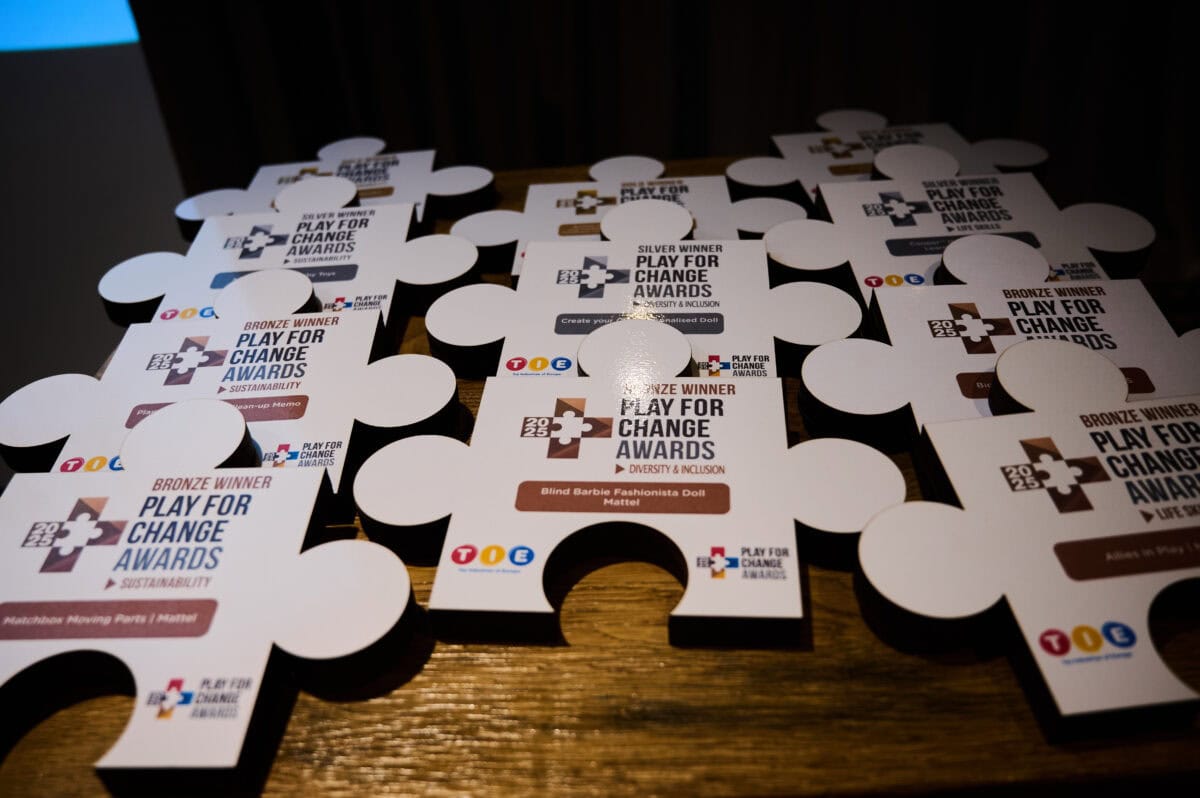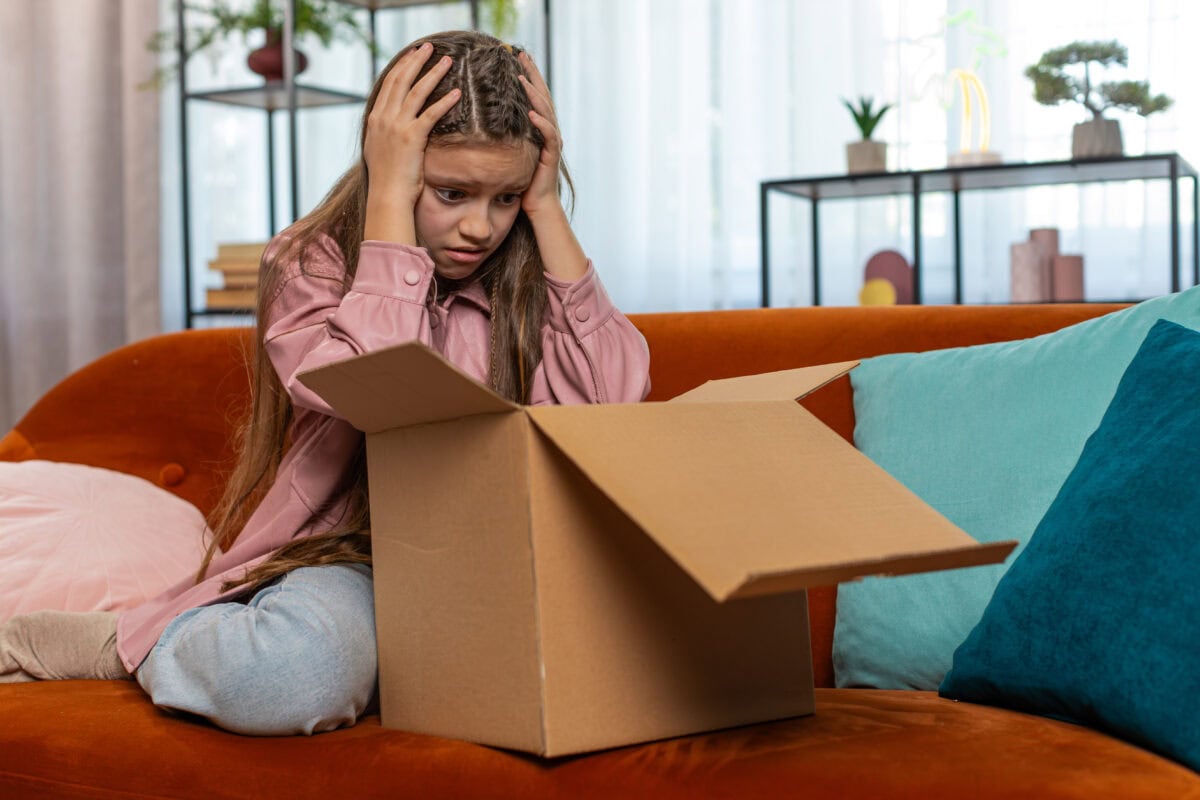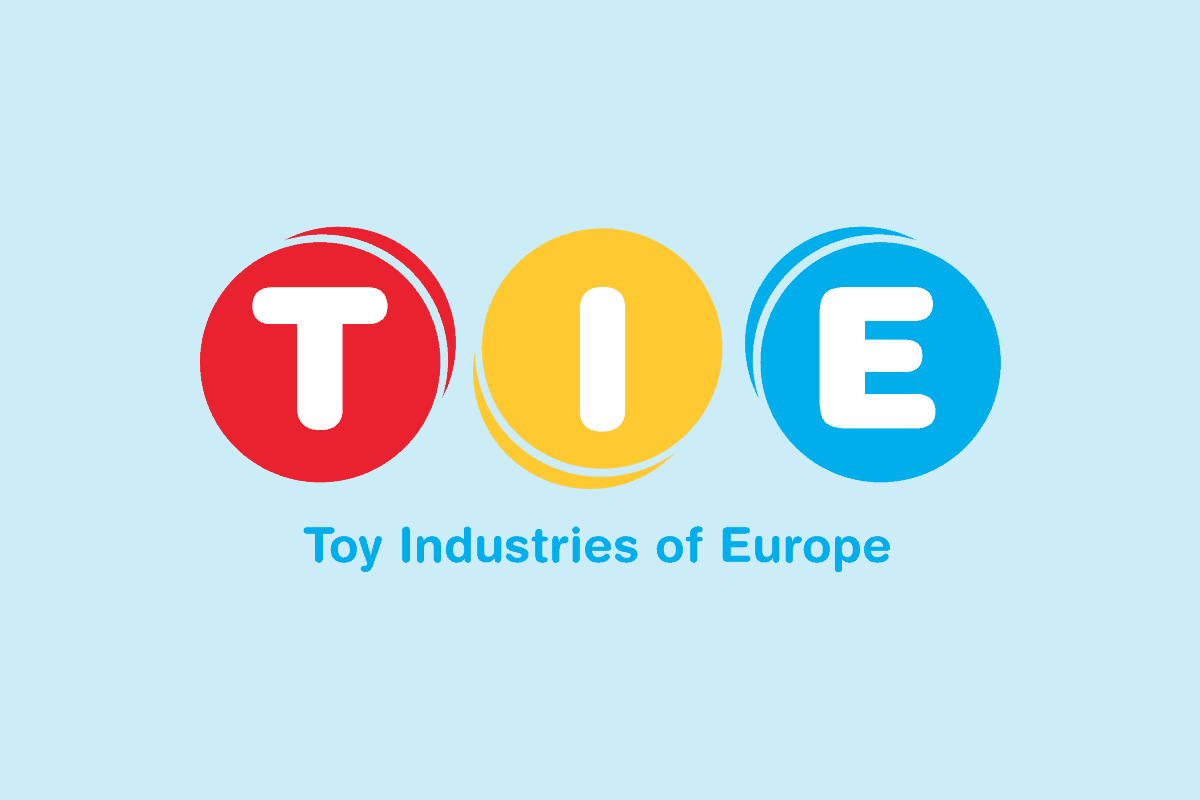Brussels, October 17, 2024: Toy Industries of Europe (TIE) recently bought over 100 toys from third-party traders from both within and outside the EU on 10 online marketplaces. 80% of the toys failed to meet EU safety standards, such as those set by the EU Toy Safety Directive.
Independent laboratory tests show these toys pose serious health risks for children, including choking hazards and toxic chemicals. In this International Product Safety Week 2024, TIE calls for urgent EU action to close legal loopholes and make online marketplaces responsible for the safety of the products offered on their platforms when no other EU-based party is responsible.
Toys were bought from Allegro, AliExpress, Amazon Marketplace, Bol, Cdiscount, Fruugo, Light In The Box, Shein, Temu, and Wish. Six of these have signed the EU Product Safety Pledge, a voluntary commitment to stop the sale of unsafe products on their platforms. This shopping exercise focused exclusively on unbranded toys and toys with unknown brands sold by third-party sellers through online marketplaces. No branded toys were bought, so the results do not reflect the safety of all toys available on these platforms.
TIE has a full list of the unsafe toys identified, along with a detailed analysis of the risks they present. Some of the most concerning examples:
- Many toys, such as a baby teething toy, can too easily break into small parts which can cause an infant to choke
- We found magnets that can perforate a child’s intestines if two are swallowed.
- An electronic drawing board with very easily accessible button batteries that can cause severe injury or death when ingested.
- Slime products containing levels of Boron over 13 times beyond the legal limit. Boron is a chemical linked to reproductive health issues.
The major source of the problem is a lack of legal responsibility. Catherine Van Reeth, Director General of TIE says: “Unsafe toys from sellers who ignore EU rules will keep flooding the EU unless online marketplaces are given more responsibility for the safety of the toys sold on their platform where no-one else In the EU has that responsibility. Unless every player in the value chain has to play its part, a legal loophole will remain. Along with making sure there is always someone responsible for protecting children and EU consumers, we need better enforcement of the existing rules.”
The loophole enabling unsafe toys to reach EU consumers and children
The EU has the strictest toy safety regime in the world. Unlike rogue traders who sell unsafe toys, reputable toymakers, of which 99% in Europe are SMEs, invest heavily in compliance
Rogue traders take advantage of a legal loophole. EU toy safety rules aim to ensure that someone in the EU is responsible for a toy’s compliance before it is sold. There are clear responsibilities for the different economic operators along the value chain, whether as manufacturer, importer or distributor.
But those rules do not cover sellers from outside the EU when the sale is facilitated through an online marketplace. In this case, despite its essential and commercial role in this transaction, the online marketplace is NOT regarded as an economic operator and therefore carries no responsibility regarding toy safety.
Policy actions that will tackle the problem
There’s no single solution: it’s crucial to tackle both the accountability for unsafe products sold online and to strengthen enforcement, especially at customs.
Actions include:
- To close the legal loophole urgently, the EU must ensure the online marketplace is recognised as an economic operator so they can be legally responsible for the toys they facilitate the sale of if there is no economic operator in the EU taking that responsibility. This can be done through by amending existing legislation related to product safety and online platforms, or through the ongoing negotiations on the new EU Toy Safety Regulation.
- Fast track the EU Customs revision, where the ‘deemed importer’ concept will make sure there’s always someone in the EU responsible for third-country imports. This will also ensure an efficient customs approach in every Member State, that truly deters infringers, creates one external EU border and enables smooth exchange of data between Member States.
- Better target and invest more in surveillance and enforcement. This is crucial but on its own can’t keep up with the flood of parcels entering the EU. The Digital Product Passport offers some hope, but it only verifies paperwork, not product safety. Without a clear party to hold accountable, enforcement remains toothless.
- Ensure robust and swift enforcement of the Digital Services Act (DSA) which introduces important elements, specifically the online platforms’ responsibility to verify all of the information provided under the ‘traceability of traders’ provisions prior to allowing the trader on their services (and suspending traders for providing inaccurate or incomplete information), and actions against systemic risk of the sale of illegal products for Very Large Online Platforms.
“If thousands of toymakers across the EU, 99% of which are SMEs, can take responsibility for the safety of their products, then so too should online marketplaces. Our shared goal should be simple: to ensure that every toy sold brings joy to children, without any risk of harm” says Catherine Van Reeth, Director General of TIE.
1 EU Digital Services Act Art 3 (f): ‘trader’ means any natural person, or any legal person irrespective of whether it is privately or publicly owned, who is acting, including through any person acting in his or her name or on his or her behalf, for purposes relating to his or her trade, business, craft or profession;
For more information on the toys bought, see the data sheet and the list of unsafe toys.



